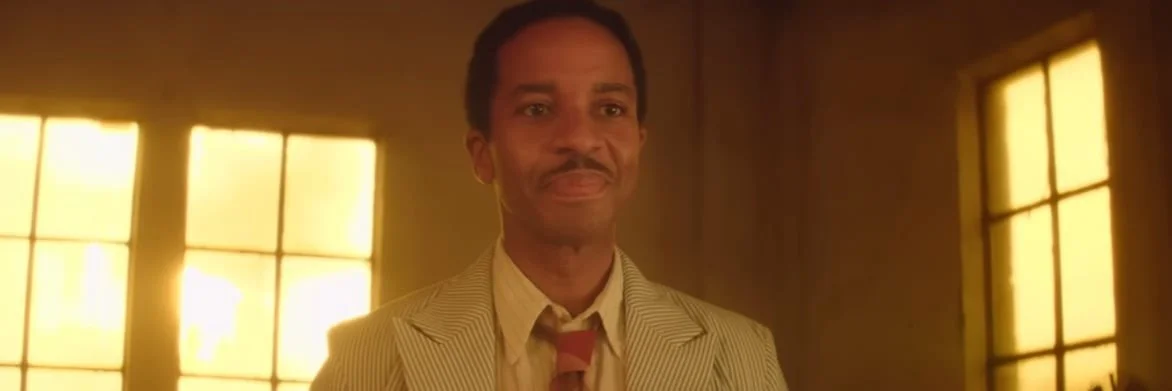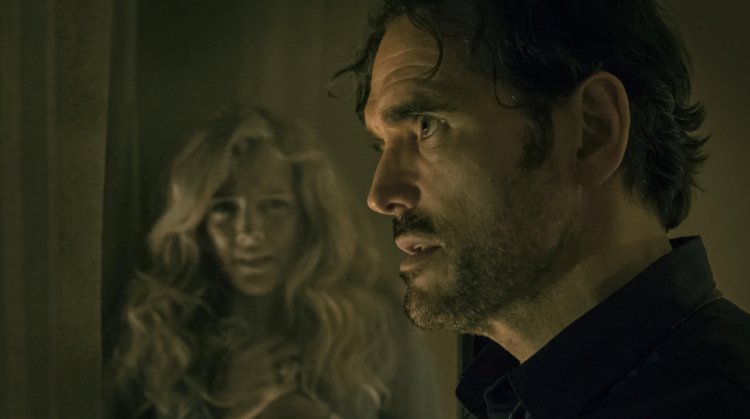Lars Von Trier has built a solid cult fanbase since his 1984 debut "Element of Crime" and that was proven once again this week with the one-night-only debut of his first film in over 4 years. This Wednesday “The House That Jack Built,” a film which prompted hundreds of walkouts at Cannes this past May, amassed more than half the U.S. total gross of von Trier's previous film, “Nymphomaniac: Volume II.” All of this on its one-day-only preview engagement (showing on 140 screens).
The nationwide screenings on Wednesday of the unrated director’s cut of the film made $172,131,which is roughly 53 percent of the $327,167 that “Nymphomaniac: Volume II” made back in 2015. Impressive and it goes to show just how powerful a well-known and well-followed filmmaker can be in bringing out a large audience to a movie theater during a mid-week showing.
The 3-hour film follows a serial killer named Jack (Matt Dillon) as he starts a killing spree of women and children through the Pacific Northwest.
My edited thoughts of the film from Cannes:
Lars von Trier‘s "The House That Jack Built" arrived at Cannes with a lot of heavy baggage, but, after watching it, I can safely say that it is a surprisingly scathing indictment of the director himself. The Danish filmmaker is trying to convey a damning feeling of his own art, telling us that he deserves to be guilt-driven into the deepest pits of hell, literally and figuratively. The film takes horrific serial-killing to whole new levels, it is so excessive in its violence towards women, and even children, that I can see most of Twitter losing their marbles over this 150 minute film. And yet, I found obvious parallels to von Trier's beautiful 2011 depression-drama "Melancholia." There are meditative sections that really make you ponder not just von Trier, but also what makes us human. I can't believe I'm saying this, but 'Jack' is, what people like to call, a 'universal experience.' The film, split into five sections, has Matt Dillon playing Jack, a Pacific Northwest serial-killer. Jack's background is in mechanical engineering, but he tells us he'd rather be an architect -- the house that he builds at the film's conclusion is truly a time-capsule worthy moment of horror. Jack is supposed to, metaphorically, be Von Trier, admitting his flaws as a human being and asking us if we could do the same. Von Trier, the director, of such classics as "Breaking The Waves," "Dancer in the Dark," and "Dogville," lost me for a second there when he released his last film, 2015's "Nymphomaniac," which was trying too hard to be shocking, but ended up subjugating the viewer into the emptiest film he's ever made. "Jack," on the other hand, is a much more meditative feature about failure and lack of self-confidence, good and bad art; the moments that stick are therapeutic ruminations that have the filmmaker in complete and utter self-doubt. The mainstream will avoid it like the plague, but cinephiles will no doubt make something out of it.






